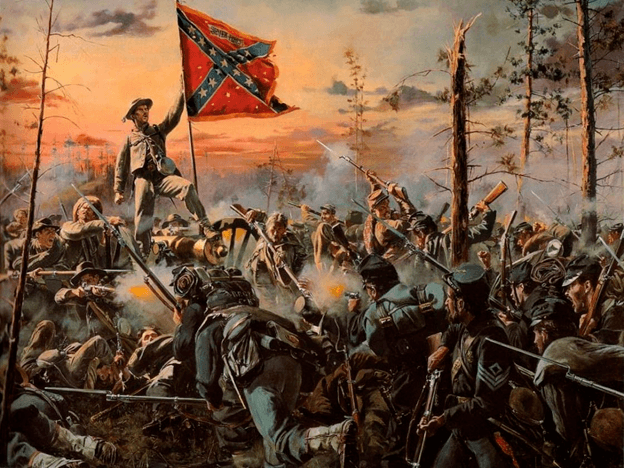
Robert E. Lee is famous as a battlefield commander, but the Civil War had been raging for over a year before he led men in battle. Here is how it happened.
Lee and Joseph E. Johnston were classmates at West Point, and they distinguished themselves during the Mexican-American War (1846).
In 1861, they resigned from the U.S. Army and offered their services to the Confederacy. Lee became Jefferson Davis’ senior military adviser in Richmond, Virginia. Johnston was given command in the field.
In 1862, a massive Union army was closing on the Confederate capital of Richmond, 100 miles south of Washington, D.C. On May 31st, Yankee and Rebel forces clashed at the Battle of Seven Pines on the outskirts of Richmond. Johnston was leading the Rebels.
Lee and Jeff Davis both came to the battlefield and moved to the edge of the fight. The could see their greatly outnumbered boys were taking a pounding.
Later, a soldier ran past Lee and Davis, announcing that General Johnston had been hit. They rode to where Johnston was being carried to a wagon. Davis spoke with his general as Lee stood by.
Seven Pines was a Confederate victory, with the Federals retreating away from Richmond. But the cost was high. Confederate General D.H. Hill, remarked, “It was not war, it was murder.”
The brave Southerners had saved their capitol, but at great cost.
The wounding of Johnston was fateful, however. Jeff Davis gave command of the Virginia army to Lee. Recovering in Richmond, Johnston heard about it. He is reported to have said:
“The shot that struck me down is the best shot that has been fired for the Southern Cause…”

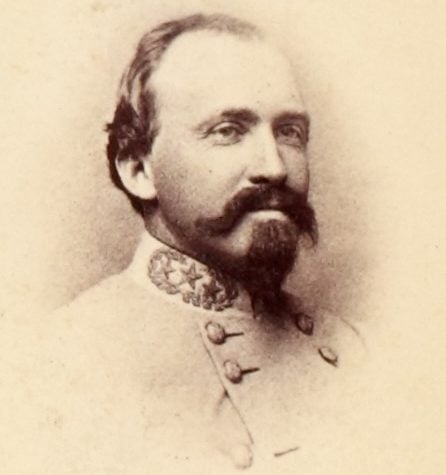
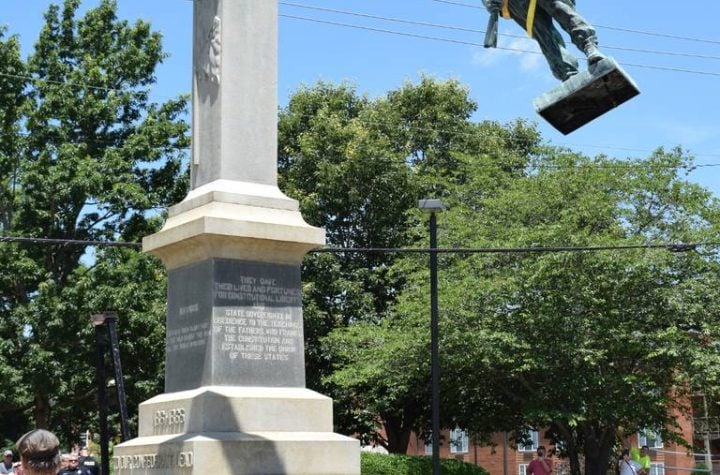
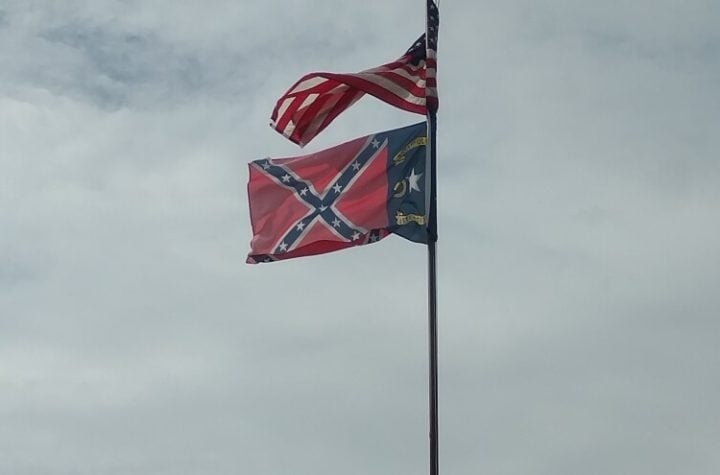
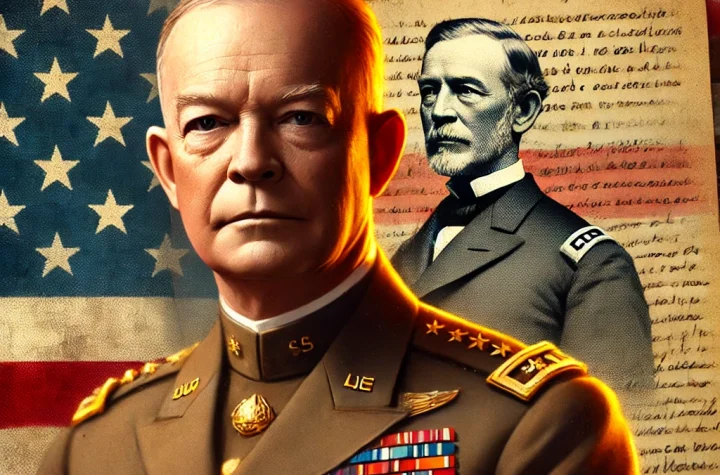
More Stories
General Dwight D. Eisenhower’s Reflection on Robert E. Lee
Sad Woke Charlottesville liberals Melt down infamous statue of Robert E Lee
NC Appeals Court rules for Town of Louisburg in removal of Confederate monument